
You’re probably already aware of the risks posed by warm weather and leaving pets in hot cars. But do you know that cold weather also poses serious threats to animals’ health? These tips by veterinarians can help keep the winter season safe for pets TEXT: TEAM BUDDY LIFE
Winter is that time of the year which is all fun, frolic, party and holidays. But amidst all the festivities be prepared to protect your fur baby from the chill that sweeps most parts of northern India. Sometimes our canine companions love to romp out in the winters but some like our brand ambassador, Bella, hate to venture out in the cold. Even though Bella is a Jack Russell Terrier, a hunter breed, she prefers to remain cuddled up under a cosy blanket. Ah, but it is chilly and every pet parent should be prepared to protect the fur baby whenever she ventures in the cold. Several pet parents have the misconception that because their pets have fur, they can tolerate the cold better than humans. This isn’t necessarily the case. Like us, these fur coated creatures are used to the warmth of indoor shelter and cold weather can be as harsh for them as it is for us. Whatever your viewpoint on winter, one thing remains certain: it’s a time when our beloved pets need a little extra care. As Dr GD Bhati suggests, “During winters, dogs have the tendency to eat much more than they do in other seasons. This change occurs because dogs want to increase the body’s heat by eating more. The dogs’ winter diet should be high in protein, carbohydrates and fats and also have high oil content. Food such as boiled egg, boiled potato, chicken, keema, Nutri Nuggets, dry fruits, banana, papaya, sweet potatoes, rice, chicken soup, cod liver oil, sunflower oil, coconut oil, groundnut oil etc, are beneficial for dogs in winter season.” Explains Dr Anil Gangwar: “Feeding high-calorie food to the dog is very essential but water plays an equally important part. Cold air is dry and when dogs pant, they expel water. So, one has to be sure to give the canine companion plenty of water on winter excursions. Lukewarm water works better because then the canine doesn’t need to expend calories to warm it up.” He adds, “One of the best ways for dogs to get protein while warming them up is making some chicken soup and oatmeal in plain stew is a warm and filling treat for dogs in winter.” Some vets also suggest the addition of red meat, ghee, virgin coconut oil and hand-made home-churned white butter, plain mashed potatoes and green beans, crockpot stew to be good for dogs during the winters. Additionally, a healthy, nutritious diet with vitamin H supplement can prevent the cracking of dog’s paws. Application of crack cream, cold cream, and coconut oil can also help in avoidance of the cracking in paws. The paws can be covered with socks and shoes specifically made for dogs, says Dr Bhati. Adds Dr Aditya Pratap Soni, “As they don’t have the same protection as humans do when we wear shoes, it’s crucial to safeguard their paw pads. Vaseline and coconut oil can both keep dog paw pads moisturised and help heal broken paws.”

Department of Veterinary Medicine,
C. V. Sc., Jabalpur
Mob-: 8349783999

B. V. Sc. & A. H.
M.V.Sc. (Deptt. Of Veterinary Surgery and Radiologist)
Dog and Cat clinic
Address- Diwakar Hospital, near PNB ATM, Mini bypass,
Izzatnagar, Bareilly U.P- 243122
Mob.No. 9039210337/7906438437

10/188, street no 8
Rampur Road Haldwani
Distt Nainital Uttrakhand
Mob. No. 9837160109

veterinary officer
(Govt. Veterinary Hospital Bijwasan GNCT Delhi)
Mob- 9810355620

B.V.Sc. & A. H., Working with
Uttar Pradesh, Government as a
Veterinary Medical Officer
Mob: +91 9313800306
Dr Anuj Kumar Agarwal explains, “It’s important to keep your dog’s feet clean. Keep paw pads moisturised, slather your pup’s pads in dog paw wax or paw balm before hitting the streets for a winter walk. The moisturising balm acts as a barrier to help keep out ice and harmful chemicals. Keep your pup hydrated. Dip your pup’s paws into a shallow bowl of warm water then towel dry. This will remove ice, salt chemicals, and any other build up that their paws may be exposed to. Keep the hair around paw pads well- trimmed; this will help prevent ice and snow balling up between footpads.” Adds Dr Mukesh Kumar, “Use of petroleum jelly or Vaseline in paws should be done in the winter season to prevent cracked paws. There are good quality shoes available for dogs in the market as per need.” Dressing your dog warmly is also very important. “Your dog’s fur and undercoat serve as a nice base layer. If the temperature is quite cold, seen that wounds and rashes arise due to winter jackets and coats if we do not change at regular intervals and also weekly grooming is necessary. one must consider adding a sweater or dog jacket as an outer layer, especially for a non-fur breed,” emphasises Dr Gangwar. However, regular changes of dirty jackets and coats is very important as it is seen that wounds and rashes arise due to winter jackets and coats if we do not change at regular intervals and also weekly grooming is necessary.
As Dr Mukesh Kumar sums up the winter care for our furry-tailed friends, “During winter, we should protect our dogs by different means like healthy food, winter clothes and warm bedding. Now the market is full of nutritious, green vegetables. So, we can choose maximum green vegetables, add some rice soya chunks and chicken or egg and make a good broth from all this and keep your pooch warm and healthy.”
Some of the daily winter care routine can be:
1- Apply Balm – Paw wax.
2- Do a post walk wipe down.
3- Trim their Pad fur and Nails.
4- Use Dog Shoes.
5- Try oatmeal baths.
6- Use Omega 3 Supplement, no use Omega 6 or 9.
7- Wax-based petroleum and Lanolin products may be applied to your dog’s paws before heading out-door to protect from cold and ice.


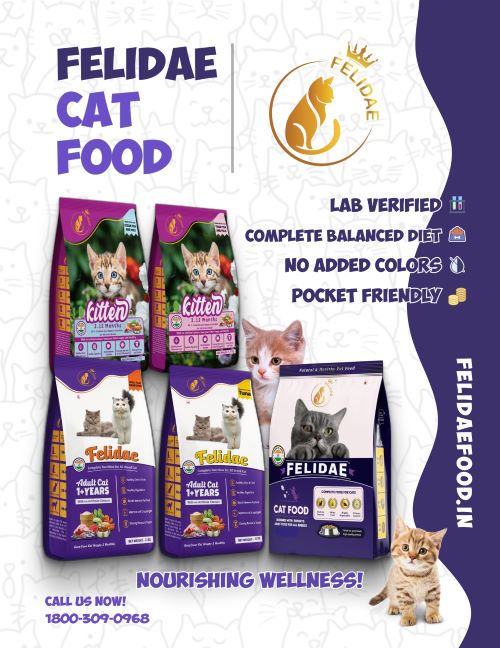
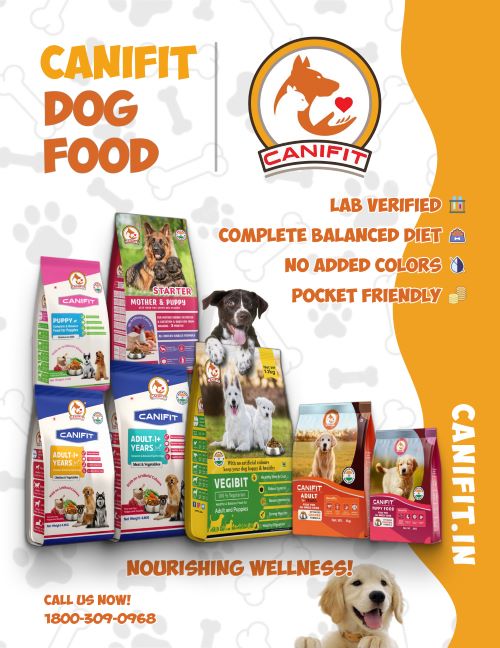
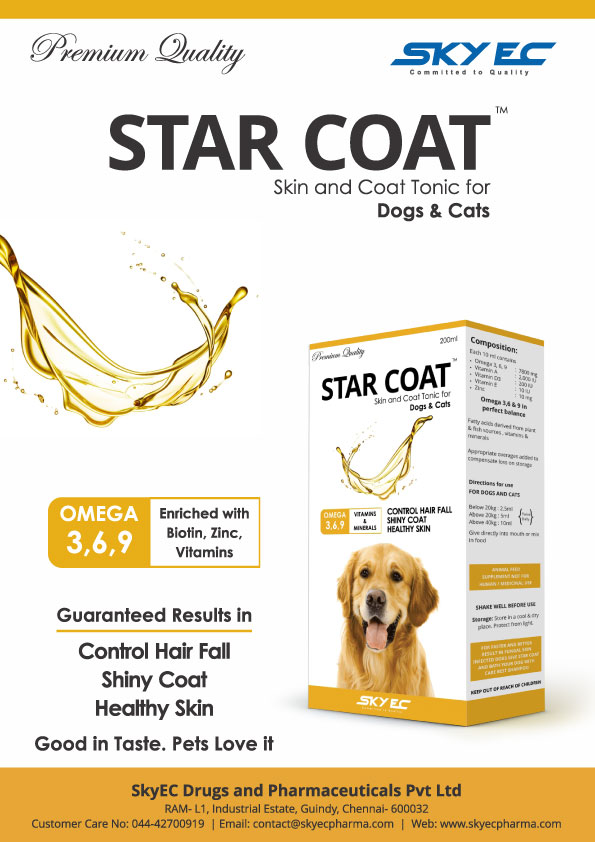
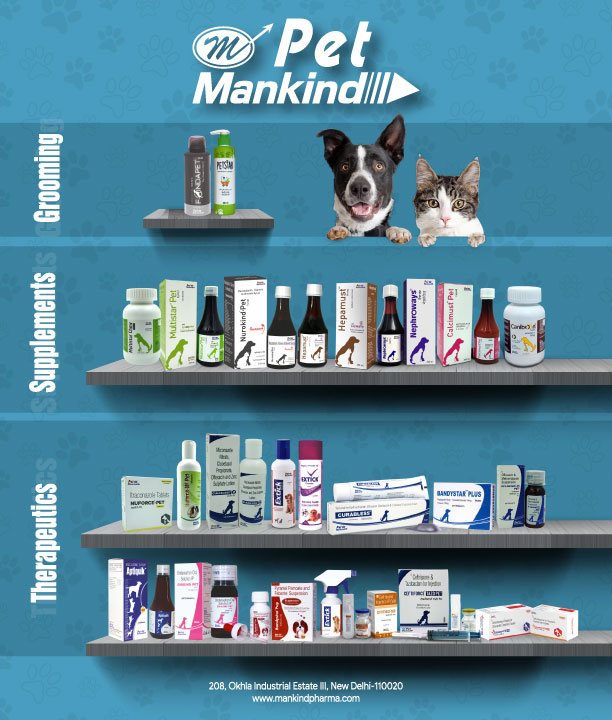
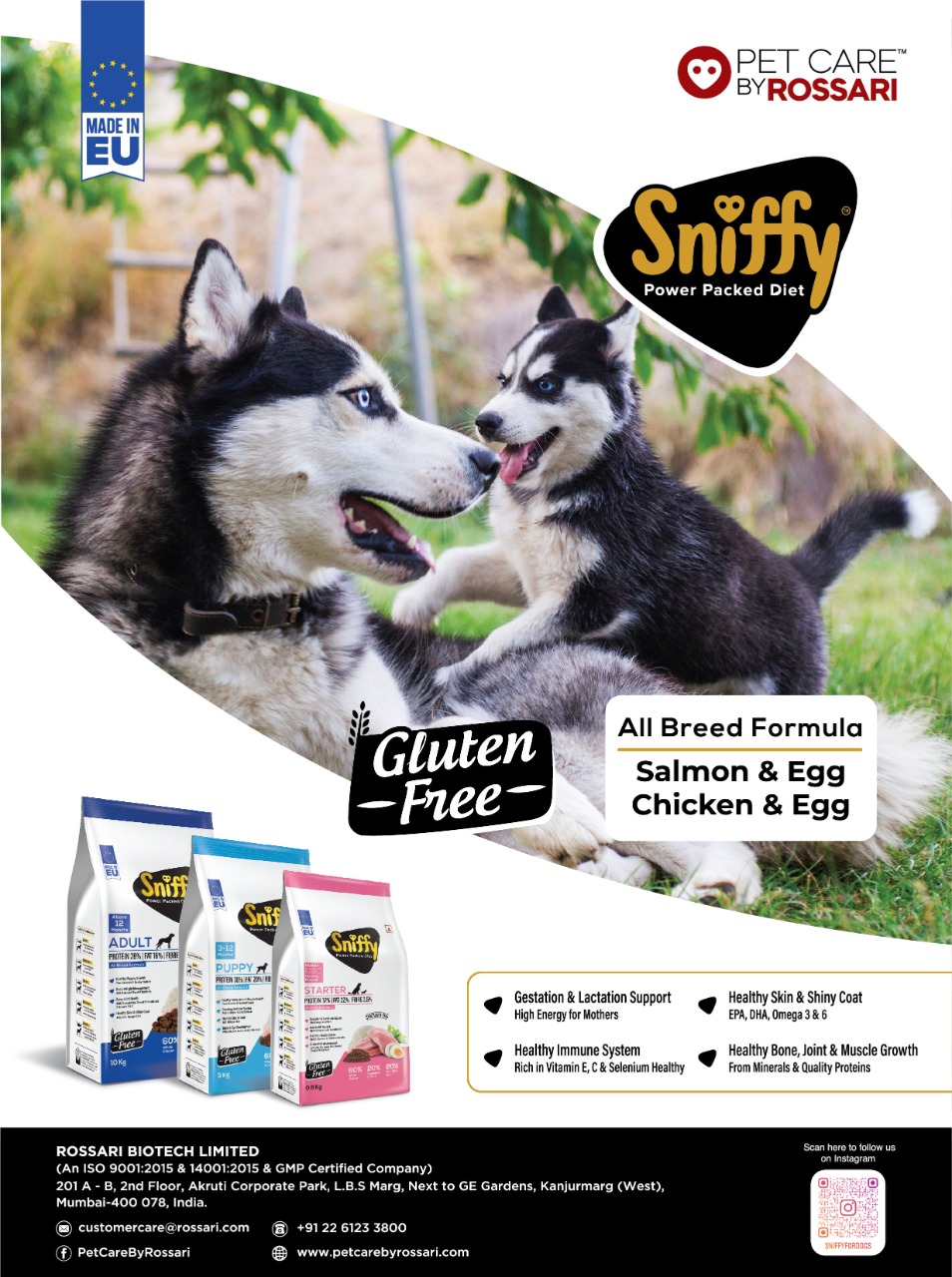
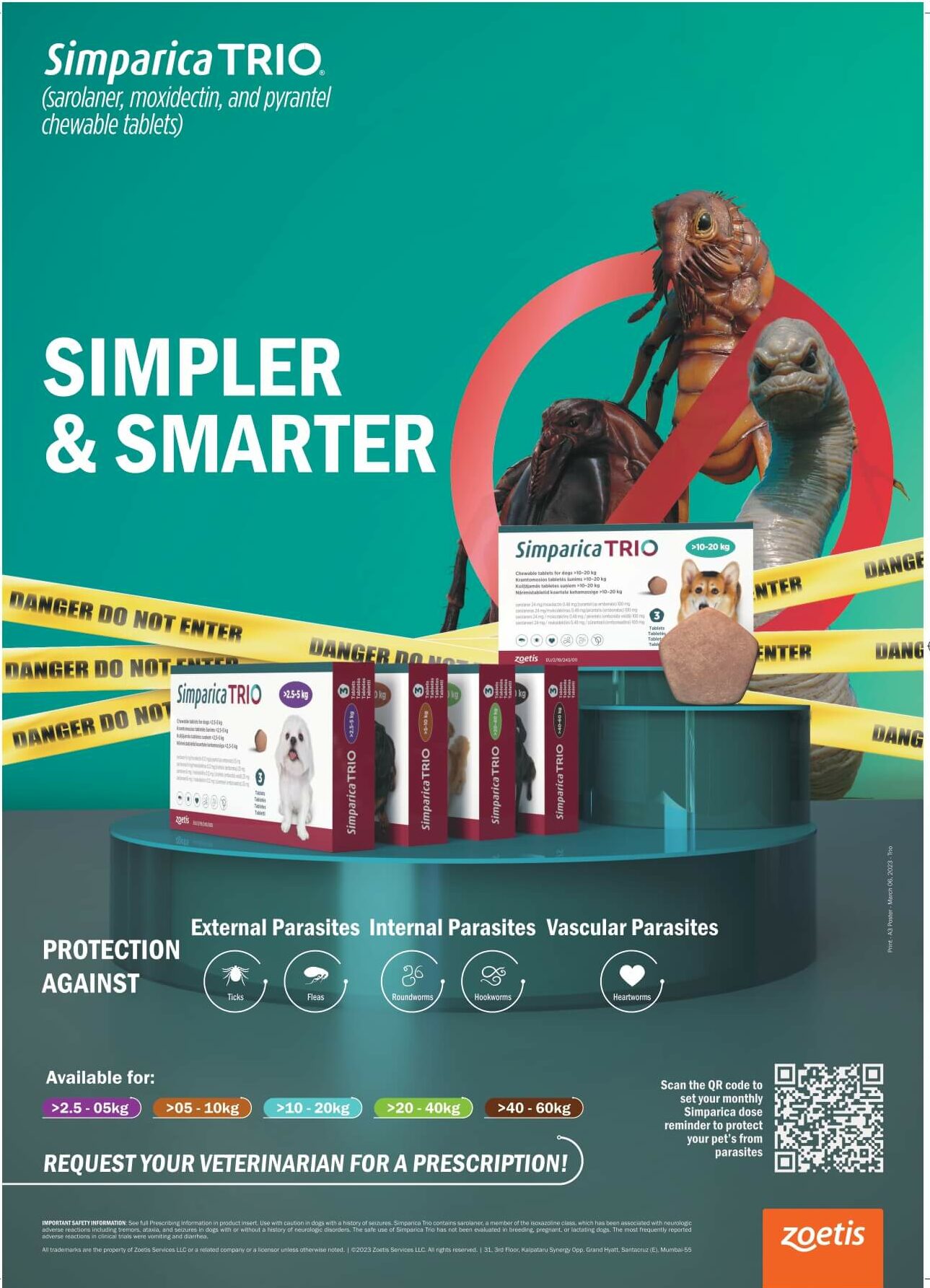
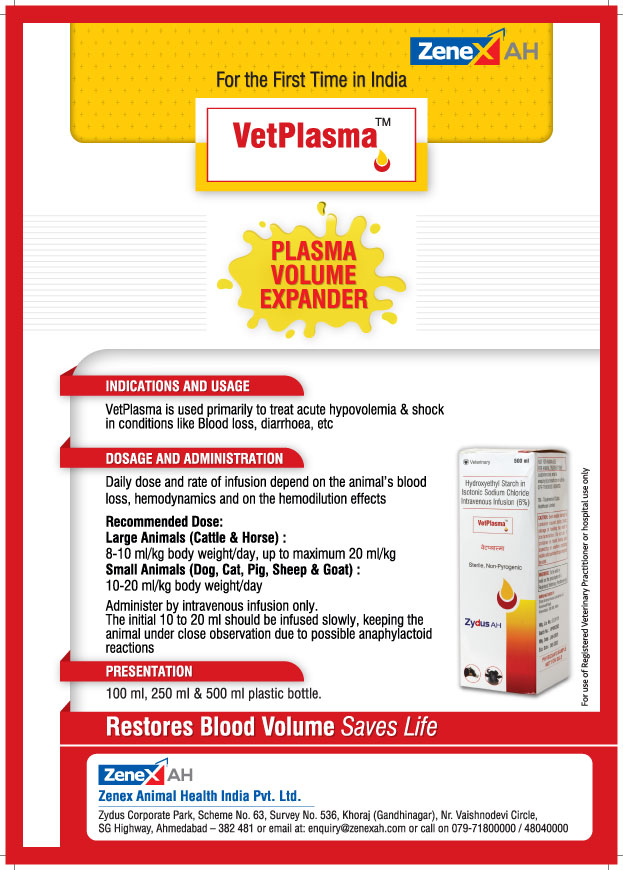

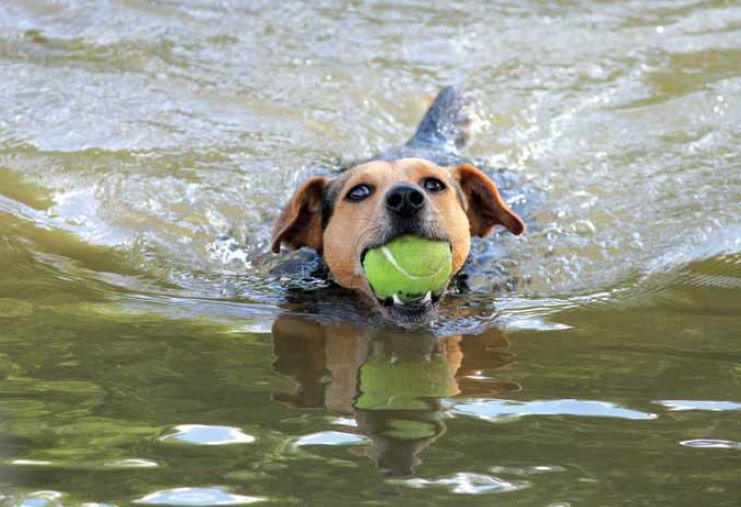 " >
" >
 " >
" >